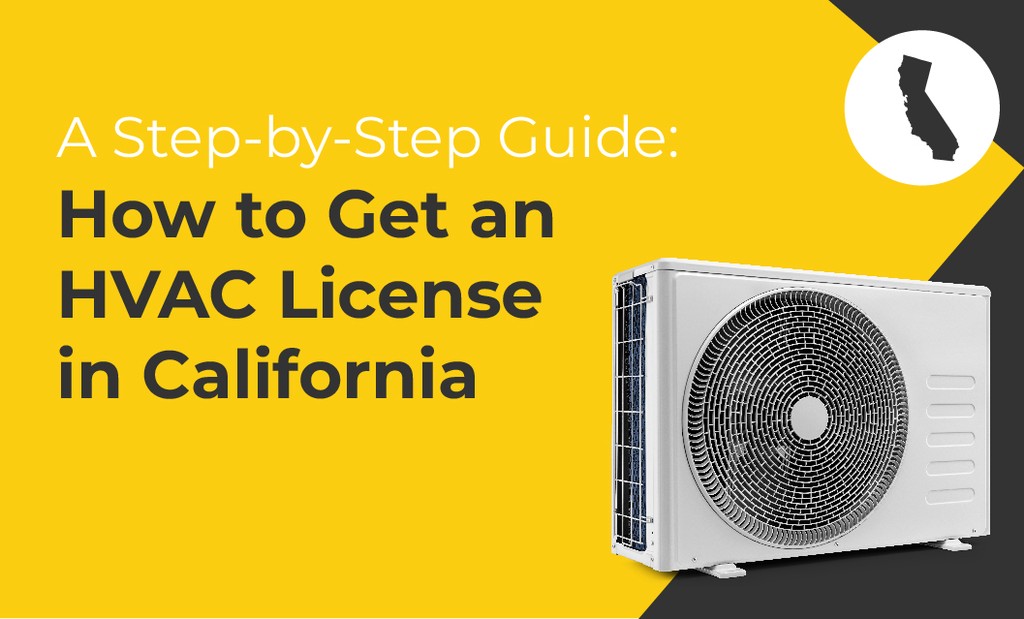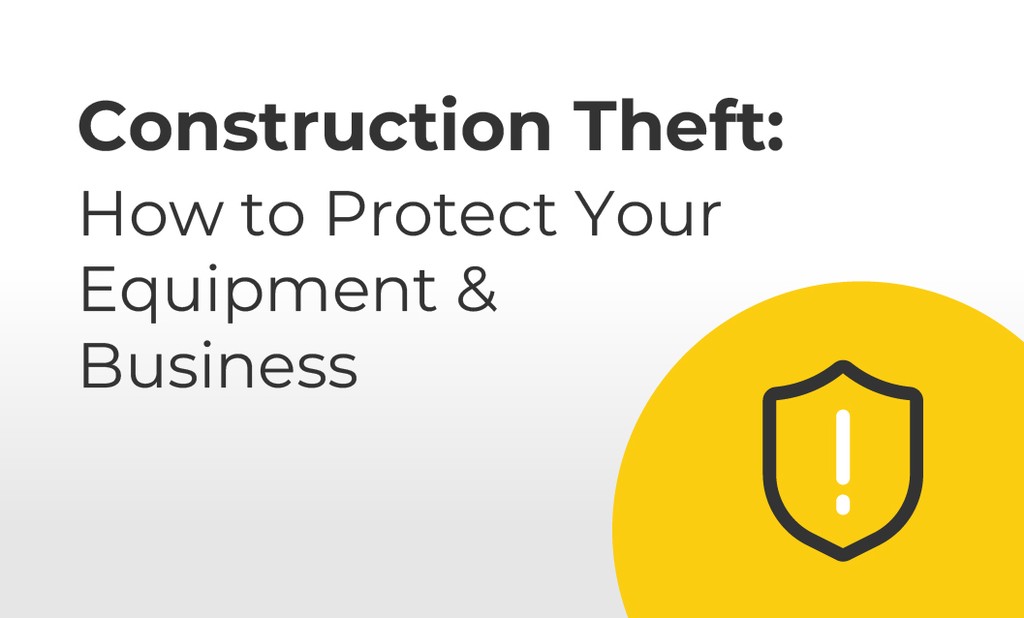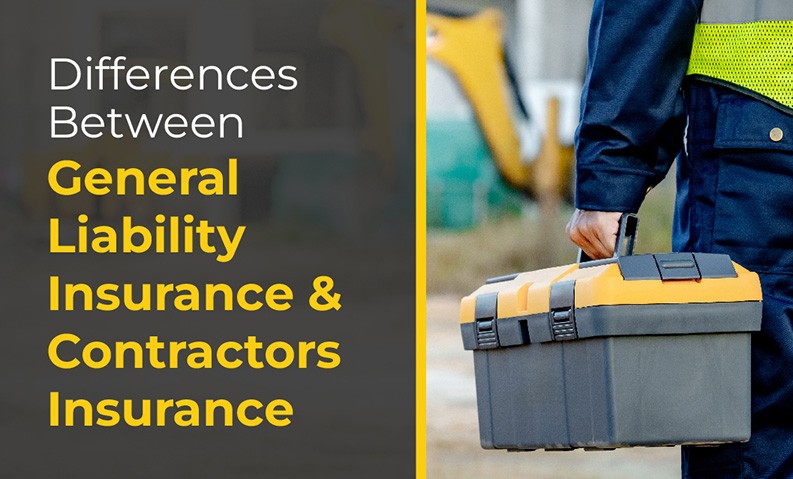
How to Get an HVAC License in California: A Step-by-Step Guide
January 27, 2026
Securing an HVAC license in California is a vital step for anyone looking to work legally and successfully in the state’s heating, ventilation, and air conditioning industry. This step-by-step guide provides a comprehensive overview of the licensing requirements, including the necessary qualifications, exams, and prerequisites. We can assist in determining bond requirements, help you understand typical bonding needs, and provide compliant bonds based on Contractors State License Board (CSL
Continue Reading...




